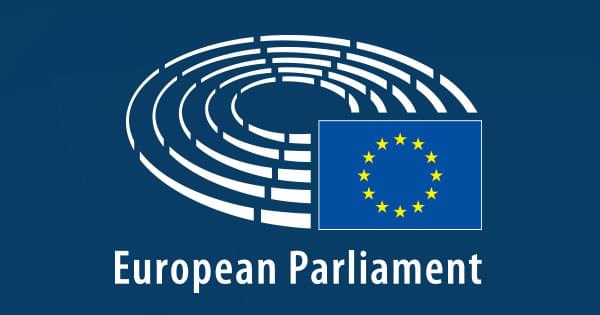EP's Foreign Relations Committee approved annual report on Georgia with compromise revisions
The European Parliament’s Committee on Foreign Relations adopted Sven Mikser’s annual report on Georgia with compromise amendments. 47 MEPs voted in favour of the document, five opposed it, and two abstained.
The amendments to the annual implementing report on the EU Association Agreement (AA) with Georgia prepared by several MEPs was published yesterday. The compromise version adopted today no longer includes the request to sanction Bidzina Ivanishvili. Furthermore, Mikheil Saakashvili’s release from prison is no longer included as a prerequisite for achieving EU candidate status.
The new version of the document “regrets that deep polarisation continues to be the defining feature of Georgia’s political environment, calls on all political stakeholders to refrain from any divisive and aggressive rhetoric, and unite their forces in order not to jeopardize their key goal of Georgia’s EU membership through the implementation of ambitious democratic, judicial and anti-corruption reforms; emphasises the need to build and increase trust among all political and institutional actors, as well as between them and the Georgian people; reiterates that the core provisions of the EU-brokered agreement of 19 April 2021 continue to present a pathway towards strengthening democracy and the rule of law and reducing polarisation in Georgia and are therefore reflected in the EU-Georgia Association Agenda 2021-2027”.
The document also expresses concern over the withdrawal of the governing Georgian Dream party from the 19 April Agreement and calls on all political forces to honour the commitments taken as part of the agreement.
A paper notes that the decision of the court to convict the leaders of Lelo for Georgia party, Mamuka Khazaradze and Badri Japaridze, and using the court’s verdict to strip Japaridze of his parliamentary mandate is a clear demonstration of a case of politicized justice and stresses that further convictions of political leaders will contradict the declared intentions to reduce polarization.
On the de-oligarchisation issue, it remarks: “Underlines the need to eliminate the excessive influence of vested interests in economic, political and public life, as one of the priorities identified by the Commission to be addressed before Georgia is granted candidate status; recommends to address the excessive influence of vested interests, notably of former Prime Minister Bidzina Ivanishvili, in a systemic way through structural and regulatory reforms in various areas of the country’s political, economic and public life”.
The document reiterates its call on the Georgian authorities to release former president Mikheil Saakashvili and allow him to undergo proper medical treatment abroad on humanitarian grounds and as a means of reducing political polarisation.
It calls on the Georgian authorities “to stop the politically motivated criminal cases and to review the ongoing criminal cases against media workers and owners or close family members of media outlets critical of the government; in this regard recalls the case of Nika Gvaramia, director of Mtavari TV, as well as those of directors and founders of other media outlets such as Formula TV and Pirveli TV”.
The document also reiterates its call for a review of Gvaramia’s conviction, adding it “expects the EEAS and EU Delegation on the ground to continue to monitor all trials in Georgia related to politically motivated cases”.

